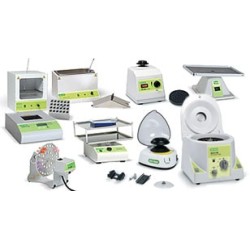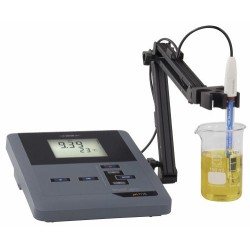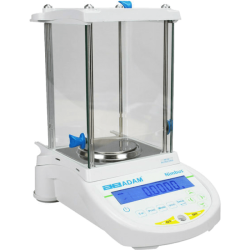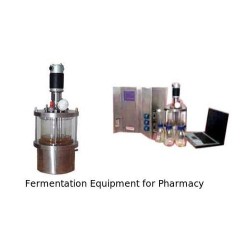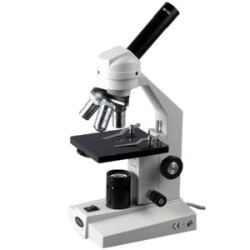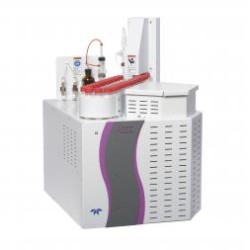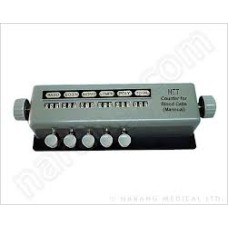Cell Counter
Cell counting is a general name for various methods for the quantification of cells in life sciences, including medical diagnosis and treatment.
Numerous procedures in biology and medicine require the counting of cells. On most occasions it is actually the concentration of the cells which is required (for example: 5,000 cells per milliliter). By counting the cells in a known volume of culture the concentration can be mediated. Here are several examples for the need for cell counting:
In medicine, the concentration of various blood cells, such as red blood cells and white blood cells, can give crucial information regarding the health situation of a person (see: complete blood count).
Similarly, the concentration of bacteria, viruses and other pathogens in the blood or in other bodily fluids can reveal information about the progress of an infectious disease and about the degree of success with which the immune system is dealing with the infection.
The cell concentration needs to be known for many experiments in molecular biology, in order to adjust accordingly the amount of reagents and chemicals that are to be applied in the experiment.
Studies that examine the growth rate of microorganisms (in other words: how fast they divide to create new cells) require cell counting.




